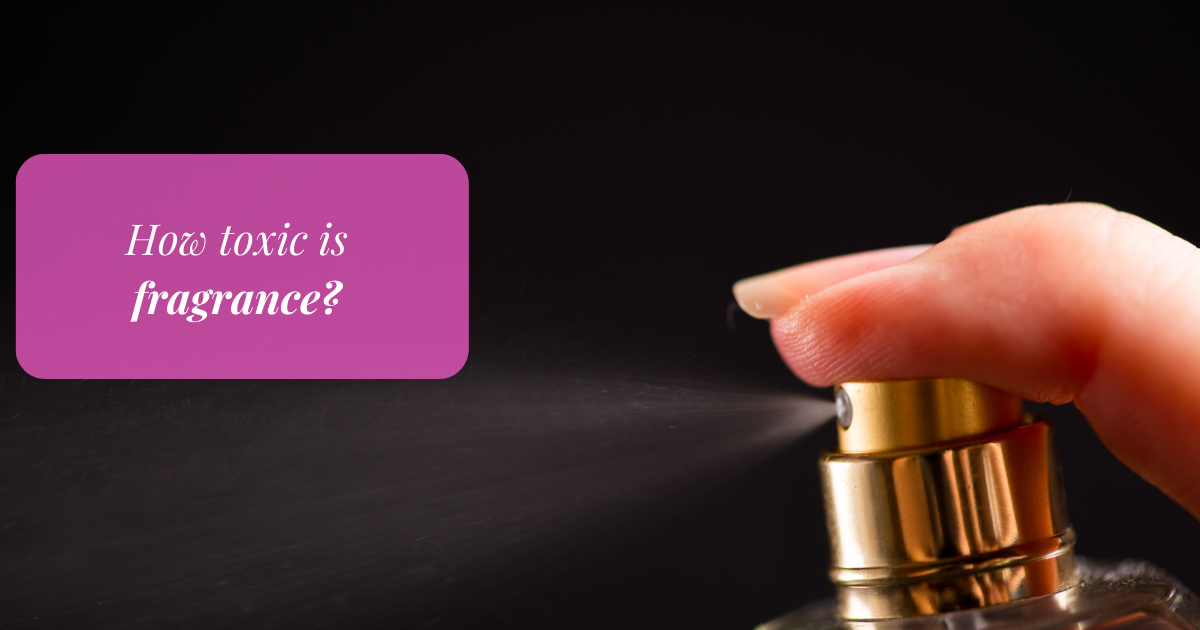
We’ve all been there—you’re walking through a department store and some overly-enthusiastic salesperson has sprayed you with their newest fragrance.
You barely have time to register that you’ve been doused in an overpowering scent before you’re quickly ushered away from the cloud of stench.
I often ride in taxis and good old Uber. The drivers almost always have an “air freshener”. Freshener? On what planet is the air being freshened? It’s hard to breathe there. It stings my sinuses and pierces my brain! But how toxic is this fragrance, really? Let’s dive into the facts about fragrances and explore what makes them so potentially dangerous.
Fragrance Ingredients Are Not Regulated
Fragrance ingredients are not regulated by the US Food and Drug Administration, which means that manufacturers don't have to list all of their ingredients on the label. This means that consumers can be exposed to unknown chemicals when using fragrances or personal care products. In fact, it's estimated that up to 95% of chemicals used in fragrances are synthetic compounds derived from petroleum, which can include hormone disruptors and
allergens.
>> I’m looking at you, Yankee Candle and darn near every “self care product” manufacturer (even those that claim to use natural ingredients). <<
The Problem With Synthetic Fragrances
Synthetic fragrances can cause a variety of health issues such as headaches, nausea, dizziness, respiratory issues, asthma attacks, allergies, skin irritation, and more. Since fragrances are not regulated by the FDA, many companies are able to get away with using low-cost chemicals that have not been tested for safety—and these synthetic scents don’t just affect us humans; they may also harm wildlife like fish and birds if released into water sources or airways.
The Solution Is Natural Fragrance Alternatives
So what can we do? We need better regulations on synthetic fragrances to ensure our safety and the safety of our environment. In the meantime, we should look out for natural alternatives made from essential oils rather than synthetic chemicals whenever possible.
A few examples include lavender oil for relaxation or peppermint oil for a refreshing scent (check my links and find those that I trust) —plus these natural oils come with additional health benefits like stress relief or improved digestion!
Check out this fun >> DIY Perfumes + Colognes << Booklet with great "made for you" recipes.
Fragrances are everywhere—in our homes, at work, on people we pass on the street—so it's important that we know what goes into them so we can make informed decisions about our own health and well-being. While there is no federal regulation on fragrance ingredients in the US yet (hopefully soon!), there are still ways we can protect ourselves by avoiding synthetic fragrances in favor of natural alternatives whenever possible.
>> So take a deep breath…of something truly clean! <<
✨  Subscribe to Vibrant Abroad Weekly
Subscribe to Vibrant Abroad Weekly
 Subscribe to Vibrant Abroad Weekly
Subscribe to Vibrant Abroad WeeklyWellness inspiration for women living a life less ordinary





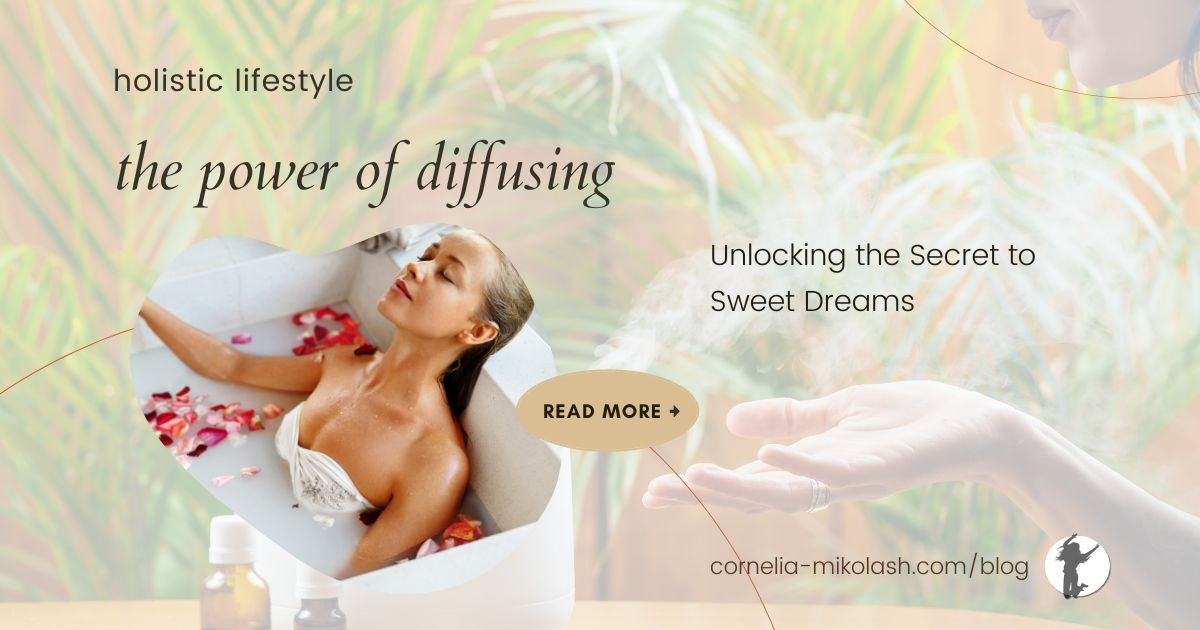

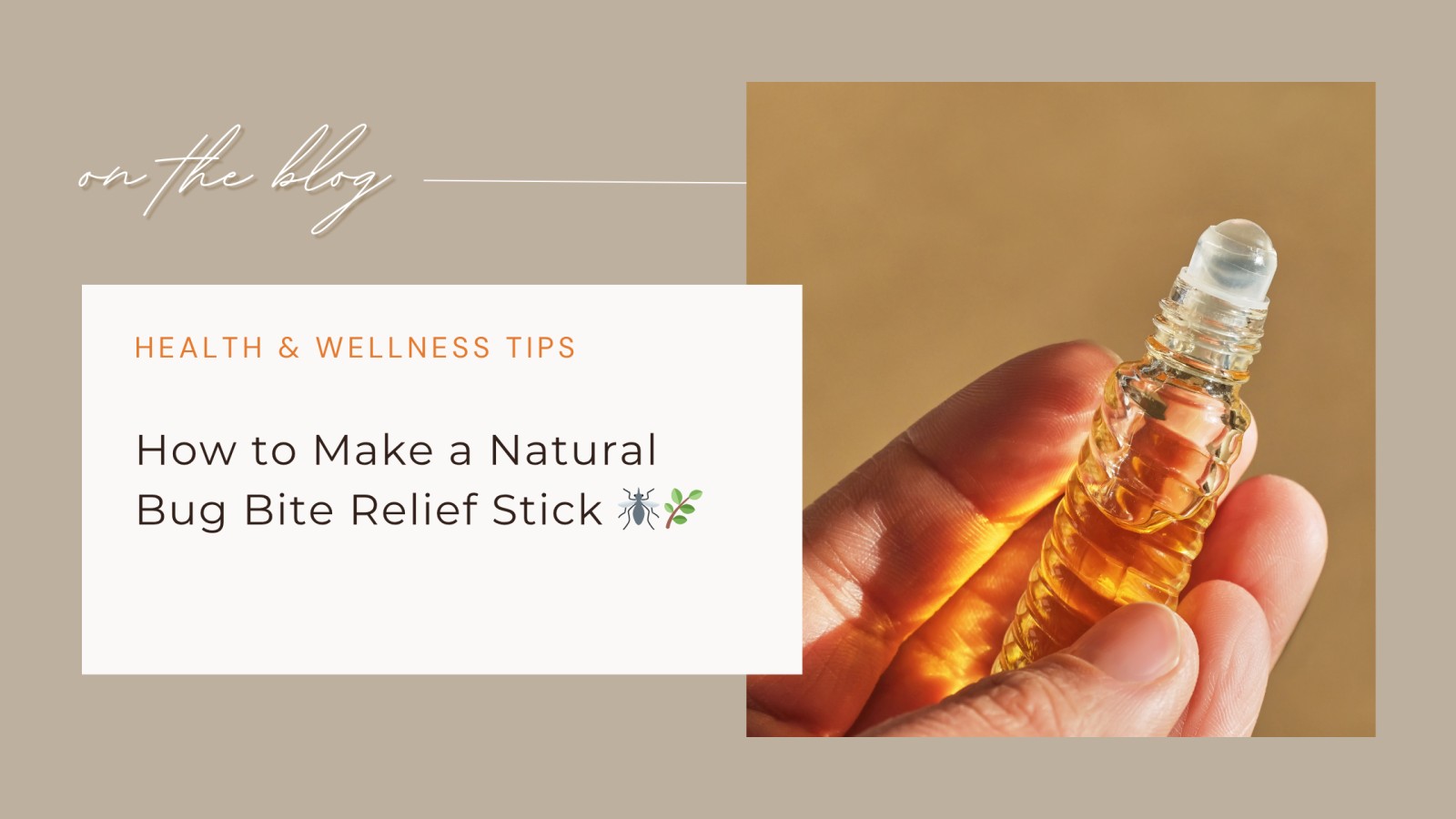

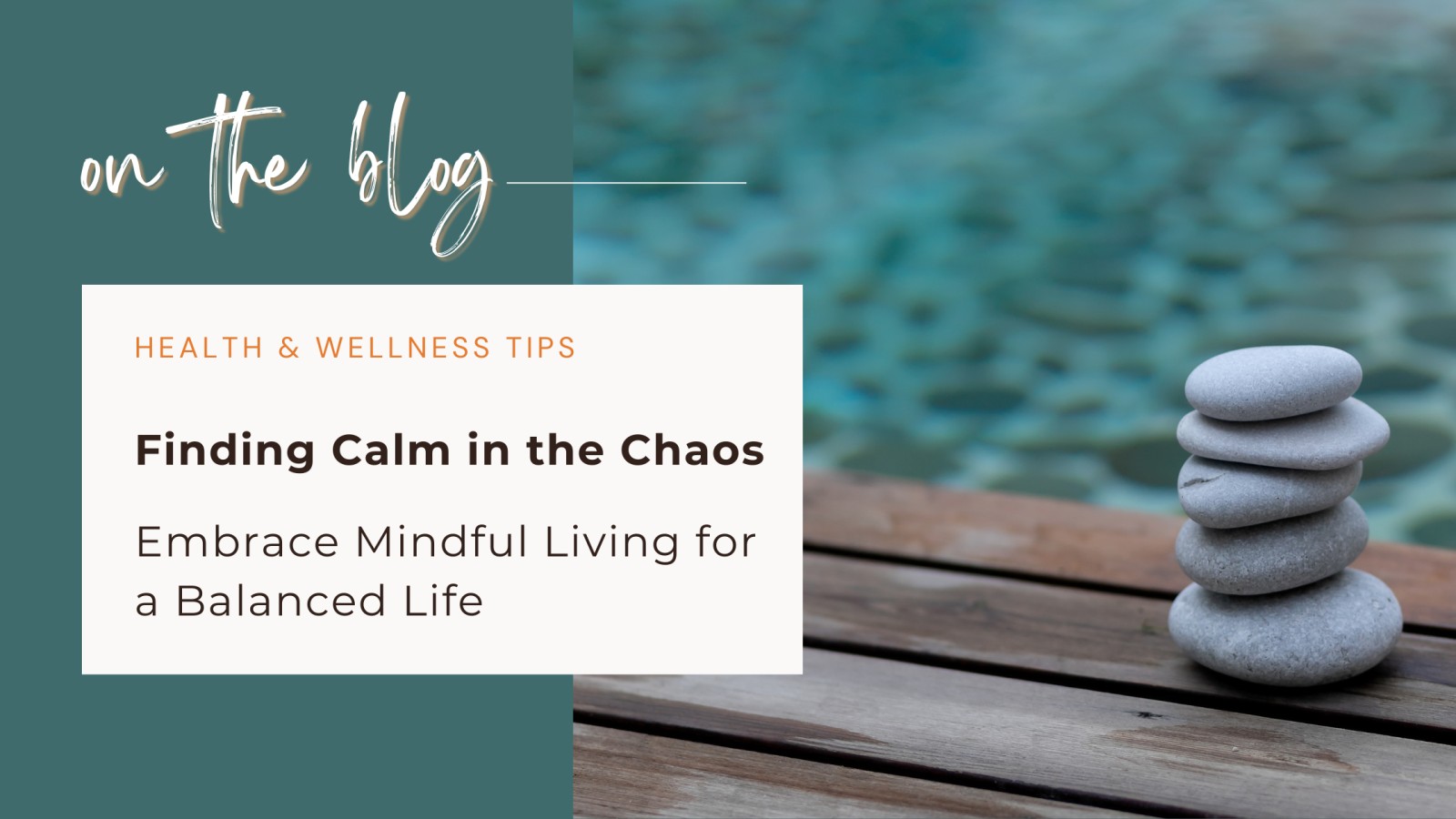
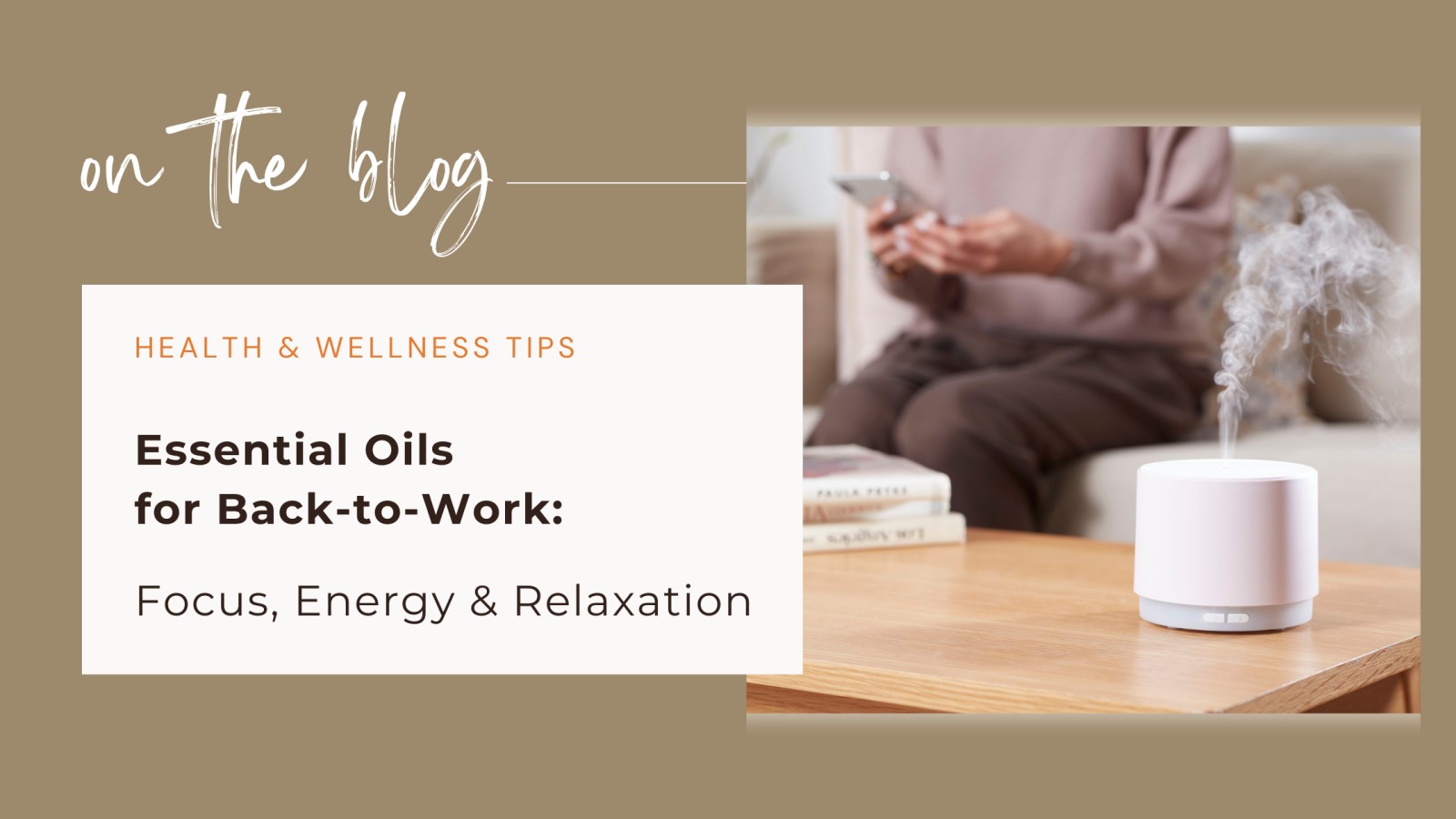
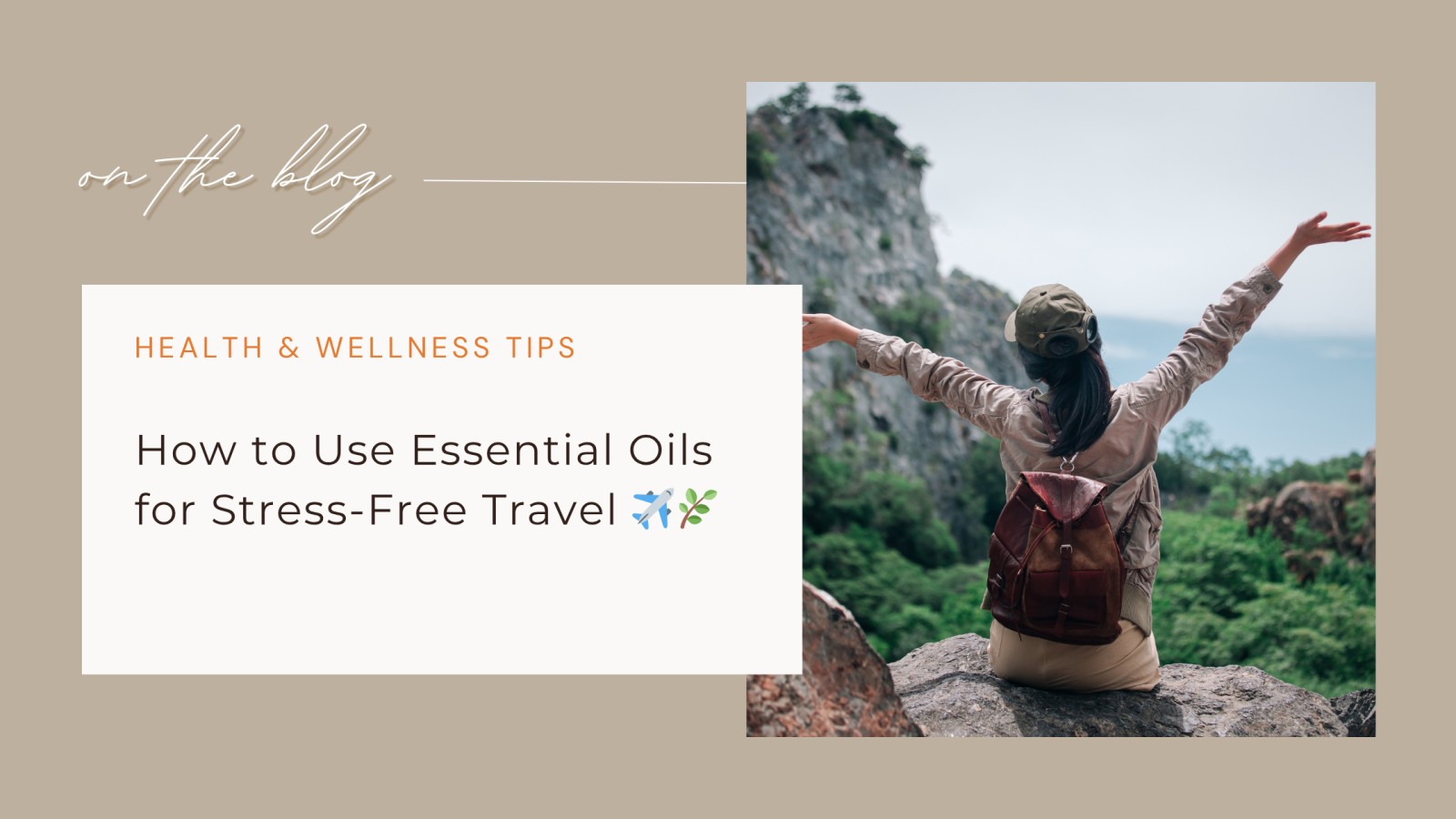




0 Comments